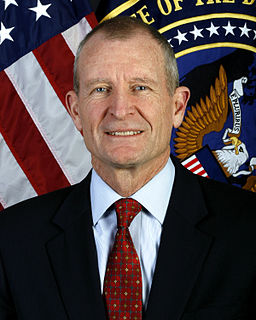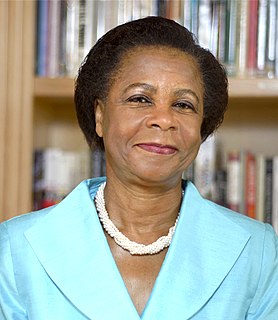A Quote by Aristotle
The true friend of the people should see that they be not too poor, for extreme poverty lowers the character of the democracy.
Related Quotes
Yet the true friend of the people should see that they be not too poor, for extreme povery lowers the character of the democracy; measures therefore should be taken which will give them lasting prosperity; and as this is equally the interest of all classes, the proceeds of the public revenues should be accumulated and distributed among its poor, if possible, in such quantities as may enable them to purchase a little farm, or, at any rate, make a beginning in trade or husbandry.
There is little favorable to be said about poverty, but it was often an incubator of true friendship. Many people will appear to befriend you when you are wealthy, but precious few will do the same when you are poor. If wealth is a magnet, poverty is a kind of repellent. Yet, poverty often brings out the true generosity in others.
One of the most durable successes of the war on poverty was to dramatically reduce the number of elderly poor in America. That's still true today. But, by contrast, child poverty has shot up over the last few years: A decade ago, about 16 percent of children in America were poor - which is a shockingly high percentage. But it's not as shocking as today, when we see that 22 percent of kids live in poverty.
Poverty assumes so many aspects here in India. There aren't only the poor that you see in the cities, there are the poor among the tribes, the poor who live in the forest, the poor who live on the mountains. Should we ignore them as long as the poor in the cities are better off? And better off with reference to what? To what people wanted ten years ago? Then it seemed like so much. Today it's no longer so much.
Political systems must love poverty-they produce so much of it. Poor people make easier targets for a demagogue. No Mao or even Jiang Zemin is likely to arise on the New York Stock Exchange floor. And politicians in democracies benefit from destitution, too. The US has had a broad range of poverty programs for 30 years. Those programs have failed. Millions of people are still poor. And those people vote for politicians who favor keeping the poverty programs in place. There's a conspiracy theory in there somewhere.
Poor people are bonsai people. There is nothing wrong in their seeds. Simply, society never gave them the base to grow on. All it needs to get the poor people out of poverty for us to create an enabling environment for them. Once the poor can unleash their energy and creativity, poverty will disappear very quickly.
There is an alternative to terror. It is called, in the political order, democracy. In the economic order, it is called the dynamic enterprise economy. (...) It empowers poor people from the bottom up. (...) A dynamic economic sector is the poor's best hope of escaping the prison of poverty. It is the only system so far known to human beings to take poor people and make them, quite soon, middle class, and some of them even (horrors!) rich.








































